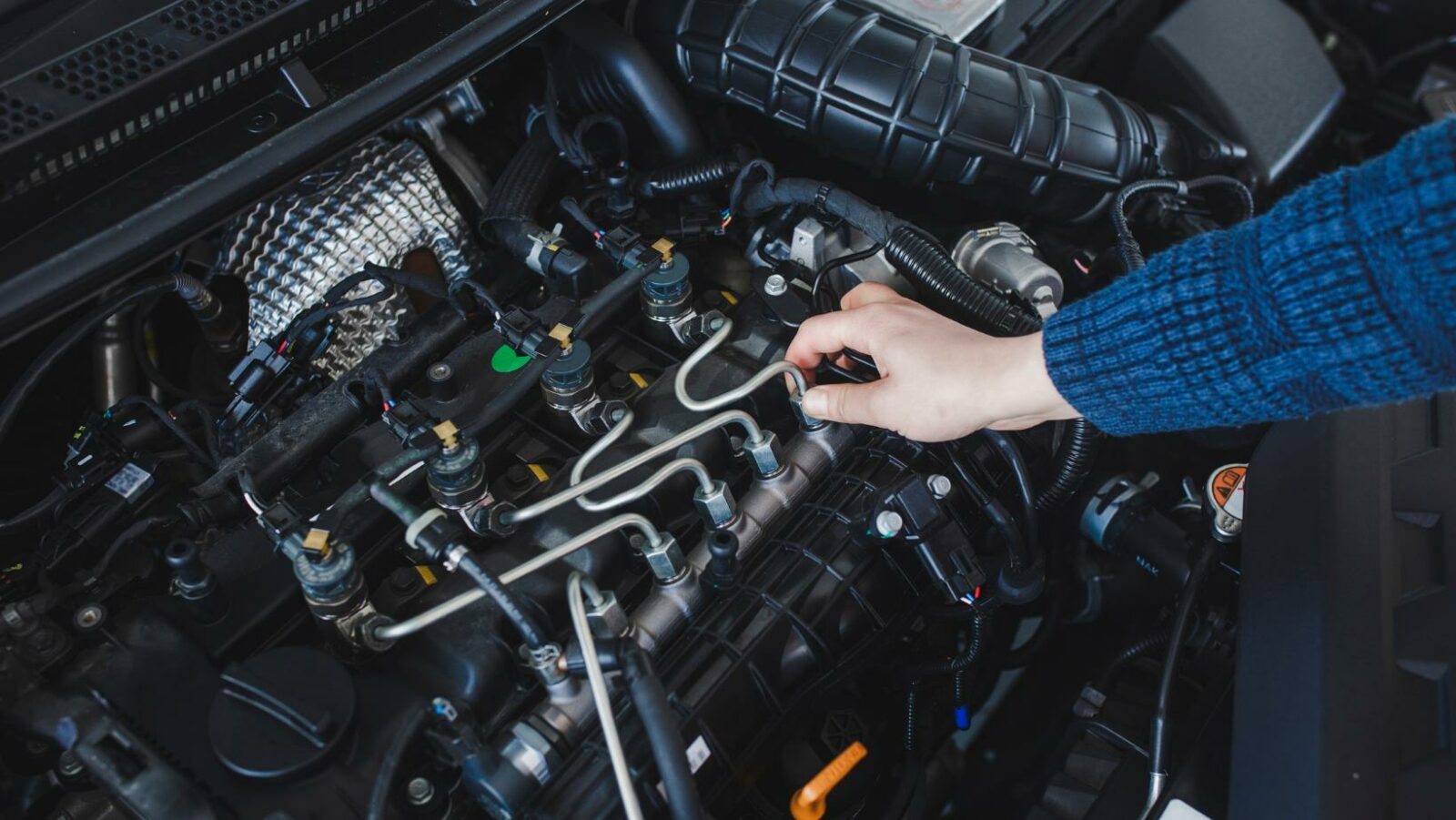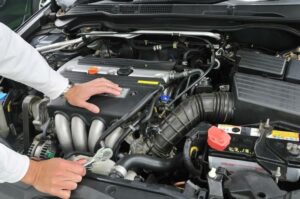Outline:
- What Services Are Performed During A Tune-up?
- Why Is It Important To Have A Tune-up?
- Cuts the Risk of Vehicle Malfunctions
- Increases Your Car’s Longevity
- Boosts Your Car’s Performance
- Reduces Emissions from Your Car
- Saves You Money on Gas
- How Often Should I Get A Tune-up?
- Where Can I Get A Tune-up?
- Conclusion
Your car is a significant investment, and it’s essential to keep it in good condition by regularly performing maintenance tasks. Tune-ups are one of the most important things you can do for your automobile. An engine tune-up will help your car run more efficiently, saving you money on gas and preventing costly repairs. This blog article will discuss the significance of regular car maintenance and provide advice on locating a trustworthy auto mechanic.
What Services Are Performed During A Tune-up?
A tune-up typically includes:
- Checking and correcting the spark plugs in the engine.
- Inspecting the fuel system.
- Testing the battery.
- Checking the brakes and brake pads.
- Examining the tires.
- Replacing fuel filters.
- Replacing air filters.
- Replacing spark plugs.
- Replacing spark plug wires.
Any issues discovered will be fixed or replaced. For example, if your spark plugs are worn, they will be replaced.
Why Is It Important To Have A Tune-up?
There are several reasons why it’s essential to have regular tune-ups:
Cuts the Risk of Vehicle Malfunctions
A tune-up is often thought of as preventative maintenance. Minor concerns that may be identified and addressed during a tune-up can lead to more severe problems if left untreated.
Minor problems like a dirty air filter or a bad spark plug may be spotted and fixed. It aids in the car’s upkeep.
Increases Your Car’s Longevity
By keeping your car in good condition, you’ll be able to extend its lifespan.
Regular maintenance will help identify and fix any issues before they become significant problems. That will help you save money in the long run by preventing costly repairs.
Boosts Your Car’s Performance
Over time, your car’s engine performance will decline if it isn’t properly maintained.
A tune-up can help to improve your vehicle’s performance by addressing minor issues and making sure all the components are working correctly. You may notice an improvement in your car’s acceleration, fuel economy, and overall power.
Reduces Emissions from Your Car
Cars that aren’t properly maintained can produce higher emissions.
Tune-ups help keep your car’s emission levels low by ensuring the engine is running efficiently. That benefits the environment and can also improve your car’s fuel economy.
Saves You Money on Gas
A well-maintained car will run more efficiently, which will use less gas.
That can add up to significant savings over time, especially if you have a long commute or do a lot of driving.
How Often Should I Get A Tune-up?
Most experts recommend getting a tune-up every 30,000 miles or every two years, whichever comes first. However, this is dependent on the make and model of your automobile.
It’s good to consult your car’s owner’s manual or experienced certified technicians to determine what is best for your vehicle.

Where Can I Get A Tune-up?
When it comes to getting your car serviced, you have a few alternatives:
The Dealership
If you have a new car, you may want to take it to the dealership for service. They will be familiar with your make and model and can provide any necessary parts. However, this option can be more expensive than other choices.
A Good Mechanic
When choosing a mechanic, it’s essential to find someone experienced and trustworthy.
Talk to your family and friends for recommendations. Once you’ve narrowed it down, please do some research to ensure they’re qualified and have a good reputation.
Check online reviews and see if there are any complaints filed against them with the Better Business Bureau.
You should also ensure they are certified by the National Institute for Automotive Service Excellence (ASE certified technicians).
Once you find a good mechanic, they can help you determine how often to bring your car in for service.
Do-it-Yourself
If you’re experienced with car maintenance, you may be able to do some of the work yourself.
For example, you can change your oil, rotate your tires, and check your fluid levels. However, a professional should leave more complicated tasks like changing spark plugs or inspecting the fuel system.
It’s important to note that even if you do some of the work yourself, you should still take your car in for regular tune-ups as recommended by the manufacturer.
Tune-ups are essential for running your car smoothly and preventing major issues from developing. You can extend your car’s lifespan, improve its performance, and save money on gas and repairs by getting regular tune-ups.
If you’re not sure how often to get a tune-up, consult your car’s owner’s manual or an experienced mechanic. They could assist you in determining the most effective service schedule for your vehicle.
Conclusion
At Dependable Car Care, we understand that every car is different and has its own unique tune-up needs. That’s why our certified auto professionals take the time to analyze each vehicle’s make and model to determine what maintenance and repairs are needed to keep it running at top performance.
Contact Dependable Car Care today to schedule an appointment, or stop by today for all your tune-up and diagnostic needs. Your car will love you for it!



